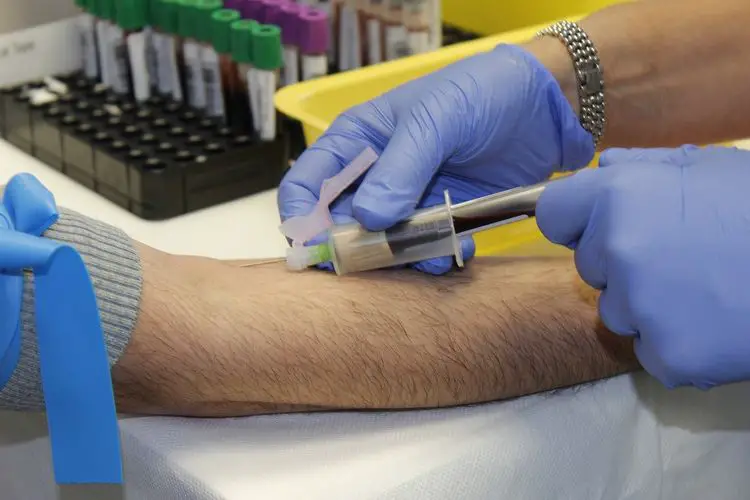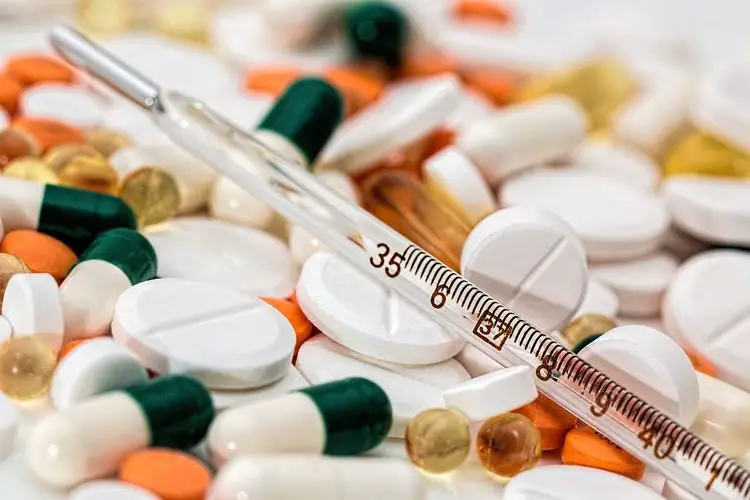The Patient Access Network (PAN) Foundation is an American 501(c)(3) — classified as a nonprofit, exempt from federal income tax — organization that provides financial assistance to people who have health insurance, but are unable to meet their out-of-pocket medical expenses because they’re living with serious or unusual diseases or conditions.

There are three types of out-of-pocket needs that the PAN Foundation generally helps with:
- Copay Funds — This category covers insurance deductibles, medication copays, and coinsurance.
- Premium Funds — As you might expect, this refers to assistance with paying insurance premiums.
- Transportation Funds — Need help getting to your doctor’s office or hospital? The Patient Access Network offers assistance with transportation and accommodation.
And these types of help are needed by more people, especially seniors, than you might think. According to the PAN Foundation website, high out-of-pocket medical costs have caused 58% of Americans to either delay or go without their needed treatment or medicine. That’s over half the population.
To some, the answer would be socialized medicine in the US, but that’s a can of worms whose discussion causes more division between factions than positive action. So in the meantime, as you sit reading this, please consider either applying to the Patient Access Network for help, or think about making a donation to keep their services running for others who may be less fortunate.

The process of making a claim to tap the PAN Foundation’s resources is relatively simple. Usually, it’s the pharmacist who files the claim on your behalf, given that certain requirements are met. First, your provider must bill your primary insurance before billing PAN. Second, your insurance carrier must consider the specific expense as eligible. Then, simply complete your transaction, hang onto your proof of purchase, download and print PAN’s Direct Member Reimbursement Form (take a look at it here), fill it out and fax it or mail it to the Foundation’s address.
From there, you’ll receive a paper check in the mail for the amount of assistance the PAN Foundation is able to give for that one transaction. To put this in perspective, consider another statistic — the average amount that a Medicare beneficiary suffering from cancer, multiple sclerosis, arthritis, or hepatitis C spends on medications per year is close to $9,000. Anyone would agree that that’s a serious amount — one that could make or break a poverty-stricken individual.
Out-of-pocket medical costs can prevent many seniors from receiving the lifesaving medications or treatments they need. And even with insurance, copays can be especially burdensome considering the fact that most elders are on a fixed income, likely need more than one medication, and may eventually hit the dreaded “donut hole” coverage gap. For older adults with chronic diseases, rare conditions, or cancer, the costs of medications simply may not be within reach without additional support.
Who can PAN help?
The Patient Access Network is a great resource to assist people who have insurance but who lack the means to pay for medications to treat chronic diseases, rare conditions or cancer. Check out their philosophy here:
High deductibles and co-pays shouldn’t keep people with life-threatening, chronic and rare diseases from getting the treatment they need. PAN uses the donations of caring individuals and corporations to offer the fastest, most dependable way for patients to pay their out-of-pocket costs. Because when the unexpected happens, all you should have to focus on is getting better.
— PAN Foundation website

PAN Requirements
There are several requirements to qualify for assistance, including the following:
- Patient must have insurance, the requirements of this vary by program.
- Financial need based on the federal poverty guidelines that ranges between 400-500% of FPG depending on the program.
- Patient must receive treatment and reside in the US, although US citizenship is not a requirement.
- Any medication the patient receives assistance with must treat the disease directly.
There is a separate page — a total of about 70 pages — for each covered condition that tells if the connected assistance program is open or closed, the amount of yearly available assistance, and specific eligibility requirements. Additionally, there is information on the condition or disease, as well as links to outside agencies for disease/condition related resources.
There is no charge for patients to use this program. The application process is easy and can be done online or over the phone. Once approved, the assistance is good for 12 months from the approval date. Patients are able to renew if funds are still available and eligibility requirements are still met.
Contacting the PAN Foundation
Patients and advocates can apply to PAN by phone at (866-316-7263) or by visiting the Pan Foundation website.
Closing Thoughts
We’ll leave you with one piece of encouragement and advice — don’t let pride prevent you from asking for help from the PAN Foundation or any other entity put in place to give assistance where it’s needed. You will certainly not be alone, and there is no shame in accepting a little help during troubled times. If it makes you feel better, “pay it forward” by giving a sandwich and a drink to a homeless vet, or simply check in on someone you know is housebound. People are good at heart, and no matter who you are, there’s someone out there that loves you and wants to see you do well. That’s what the Patient Access Network is there for.
Finally, on a public service note, if you’re not sure what to do with the expired or unnecessary prescription drugs you have, see if safe medication drug mail back programs are available for you. And as always, we’d love to see your comments below.

1 comment
I received a form from BCBS of Michigan (BCBSM) asking me whether the term of my PAN has expired. I have no idea. I know I got assistance with the cost of medication in 20015, but I have no idea where I stand right now. Can you tell me the term date so that I can fill out the BCBSM forms?
Thank you,
Richard Farkas
[email protected]